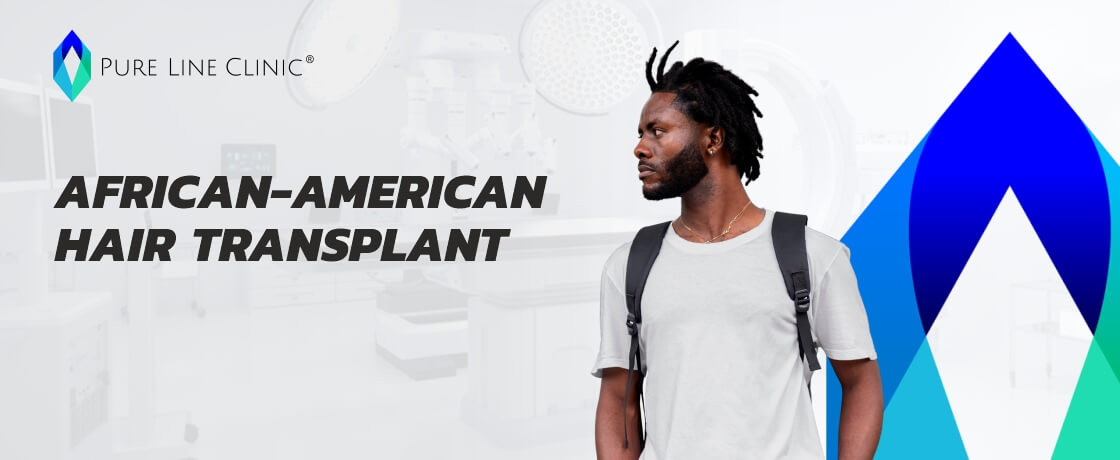
African American Hair Transplant
Hair loss can be distressing for anyone, but African-American patients often wonder if a hair transplant is right for them. The good news is that with careful planning and expertise, hair transplants can work very effectively for black patients. At Pure Line Clinic®, we have successfully treated countless African-American clients and helped them restore their natural hairlines.
However, there are important considerations when performing hair transplants on African-American patients. Their hair has unique characteristics that require specialized techniques to achieve optimal, natural-looking results. Our experienced hair restoration surgeons have the skills and knowledge to address these needs.
What Causes Hair Loss in African-Americans?
While androgenetic alopecia (male pattern baldness) is most prevalent in Caucasians, traction alopecia is a major cause of hair loss among African-Americans. Traction alopecia occurs when chronic tension is placed on the hair follicles from tight hairstyles like braids, dreadlocks, weaves, and hair extensions. Over time, the constant pulling damages the follicles, which can lead to permanent hair loss if not treated.
Understanding the Different Ethnic Hair Types
There are three main ethnic hair classifications relevant to hair transplants:
Asian Hair: Very dense with thick strands and fast growth rate
Caucasian Hair: Medium density and thickness with moderate growth rate
African Hair: Low density with thin strands and slowest growth rate
So while African hair may appear very thick, it actually has the lowest density of all hair types. Each strand is quite fine, but tightly coiled giving an illusion of fullness. The slower growth rate also poses challenges for successful transplantation.
Why African Hair is More Difficult to Transplant
The main obstacles faced when transplanting African-American hair include:
- Tightly coiled follicles - Harder to extract intact grafts
- Thicker surrounding epidermis - Increased difficulty extracting follicles
- Higher risk of keloid scarring - Abnormal raised scars more common in black skin
- Lower donor hair density - Less hair available for harvesting
Our surgeons are highly experienced in handling the unique curl pattern and extracting the hair without damage. We take precautions during closure to minimize any risks of keloid scarring. And we use recipient sites very efficiently to fully cover areas of hair loss using fewer total grafts.
Benefits of African Hair for Transplant Procedures
While African hair poses some challenges, it also has advantages that create beautiful outcomes when performed properly:
- Lower graft needs - Less hair required for good scalp coverage
- Lower color contrast - Blends better and looks more natural
- Straight hairlines - Easier to recreate natural-looking hairlines
These benefits allow our technicians to create very natural-looking results that integrate smoothly with patients' existing African-American hair.
Why FUE is Better for African-American Patients
At Pure Line Clinic®, we perform all our hair transplants using advanced Follicular Unit Extraction (FUE). This involves harvesting each graft individually from the scalp. FUE offers major benefits over the older strip method (FUT) for African-American candidates:
- Lower transection rates - Follicles remain intact for optimal growth
- No linear scar - Allows wearing very short hairstyles
- Facilitates artistic hairlines - Precise graft placement for a natural look
For African-American patients who prefer close-cropped hairstyles, FUE prevents the need for concealing a linear donor scar. It also provides the precision needed to mimic natural African hairlines with soft irregularities.
The first step is an in-depth consultation with one of our expert hair transplant surgeons. We'll examine your scalp and hair loss patterns closely. You'll have the opportunity to explain your specific cosmetic goals.
We'll review your medical history and any medications you take to ensure you're a good candidate. Next, we'll discuss the customized surgical plan our team develops to help you achieve your goals. This includes details like:
- Hairline design - Shape, height, irregularities
- Graft needs - Number of follicles to transplant
- Harvesting areas - Location for donor hair
- Implantation pattern - Angles, direction, and density
You'll have the chance to ask any questions and provide input to finalize the surgical plan.
The day of surgery, patients arrive relaxed and comfortable, often bringing a friend or family member for support. We begin by marking the harvesting and recipient areas very precisely based on the surgical plan. Local anesthesia is administered to numb both areas completely.
Our technicians then expertly extract the donor grafts one by one from the back and sides of your scalp. These follicular units are meticulously separated and trimmed before implantation. Using advanced techniques, the grafts are artistically implanted into the recipient sites.
We take breaks during the long procedure to check progress and keep patients at ease. You can listen to music, watch shows, or just relax during the surgery. Once implantation is complete, both donor and recipient areas are bandaged, and you are free to go home and rest.
Recovery mainly involves keeping the scalp protected while the grafts anchors and wounds heal. We provide detailed instructions on caring for your scalp, washing hair, and safely returning to normal activities. Most patients feel well enough to return to non-strenuous work within 2-4 days.
Redness, swelling, and scabbing at the implant sites are normal and resolve within 7-10 days as the grafts take permanent root. Any discomfort is well controlled with oral medication. Results begin to show at around 3 months as the new hair starts growing in. Full, natural-looking results take 12-15 months to fully develop.
If you are an African-American suffering from progressive hair loss or bald spots, know that effective treatment is available. With our specialized expertise and advanced techniques, the skilled surgeons at Pure Line Clinic® can help you regain your natural hairline and your confidence. Contact us today to learn more!

Is a hair transplant right for you?
The perfect candidate for hair restoration surgery has solid hair on the sides and back of the head. These sites are used as donor areas for the grafts.
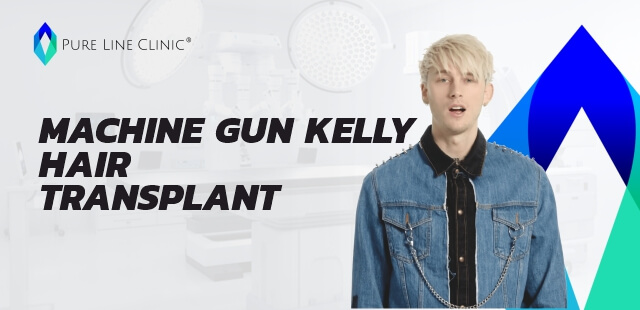
Machine Gun Kelly Hair Transplant
In his early 20s, MGK already noticed hair loss. By the time he was 24 or 25, he had already begun to go bald significantly.Fans wondered if MGK had a hair transplant.
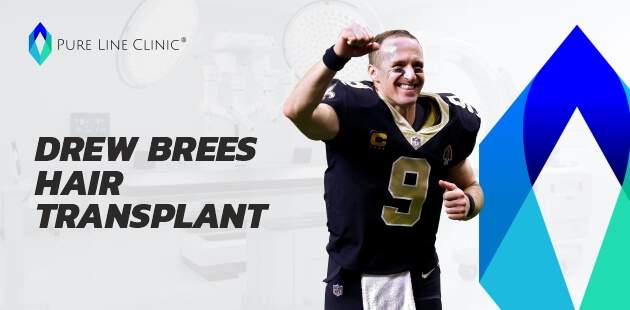
Drew Brees Hair Transplant
Drew Brees’ new hairline seems to indicate that he may have had a hair transplant, but he hasn’t made a statement about it.

How Can I Find Best Hair Transplant in Turkey?
We are aware of how difficult it is to find the best hair transplant clinic in Turkey. To make this selection easier, let’s talk about the Pure Line Clinic ® difference.
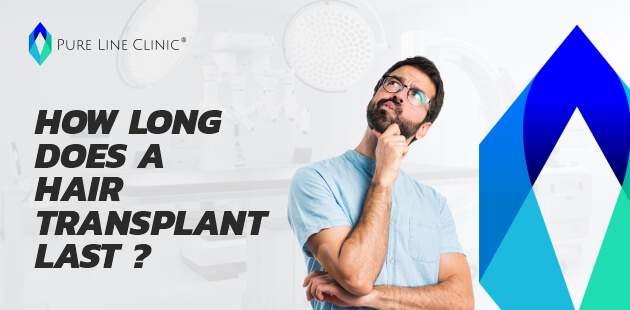
How Long Does a Hair Transplant Last?
It is important to get your hair transplant performed by a qualified and reputable hair transplant specialist if you want it to last a lifetime.
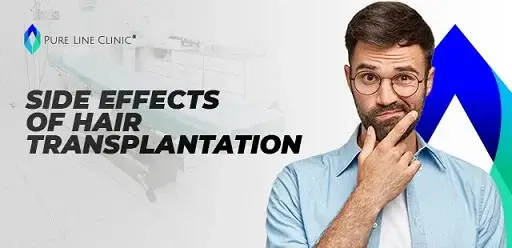
Side Effects of Hair Transplantation
The Pure Line Clinic ® says that hair transplants are generally safe when a qualified, experienced medical team performs them. However, even with successful hair transplants, some side effects can happen.
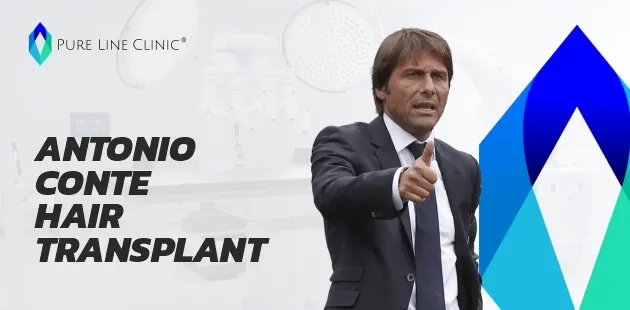
Antonio Conte Hair Transplant
Antonio Conte’s hair has undergone at least two transplant treatments after he stopped playing and transitioned into managing.
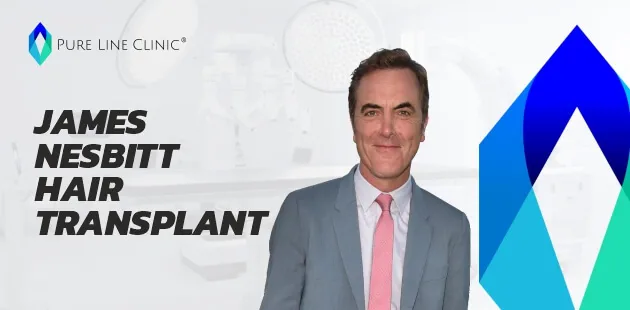
James Nesbitt Hair Transplant
It is well known that James Nesbitt has undergone a hair transplant. A hair transplant, according to James Nesbitt, helped him get more prominent roles.
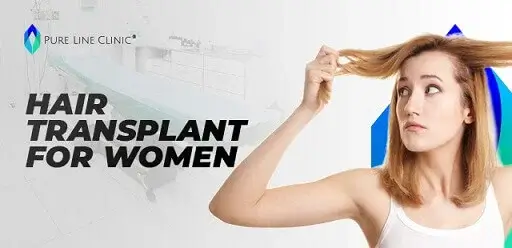
Hair Transplant for Women
Ladies can also go through hair transplantation at the Pure Line Clinic ®. It is usually possible to have a hair transplant without shaving.
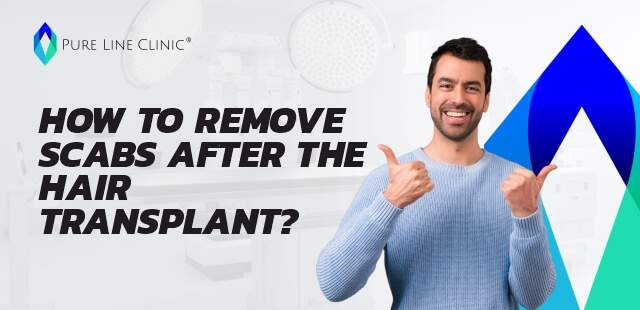
How to Remove Scabs After the Hair Transplant?
Some patients might begin to worry if the scabs after a hair transplant don’t remove after a few days.
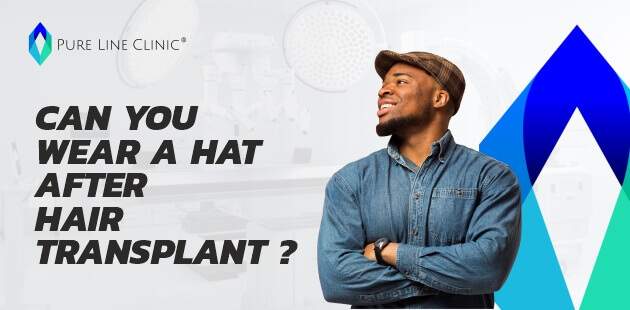
Can You Wear a Hat After Hair Transplant?
Most of specialists will advise you to hold off wearing a hat or cap for at least ten days. Your transplanted grafts must root in the balding areas for 7–10 days.
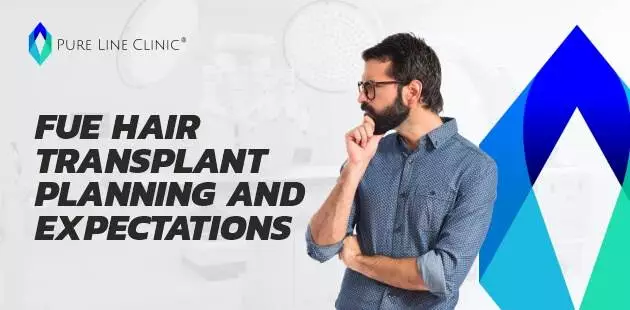
FUE Hair Transplant Planning and Expectations
Setting realistic expectations is beneficial for all surgeries. Knowing what to expect after FUE hair transplants will be extremely beneficial.
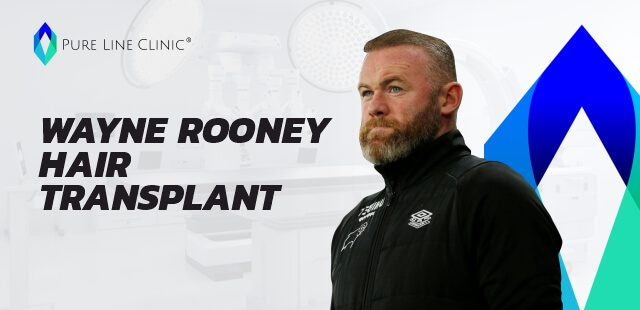
Wayne Rooney Hair Transplant
Our hair specialists believe Wayne Rooney underwent at least one hair transplant procedure, based on his ‘before’ and ‘after’ photos, which show tell-tale signs of follicle implantation along the front hairline.
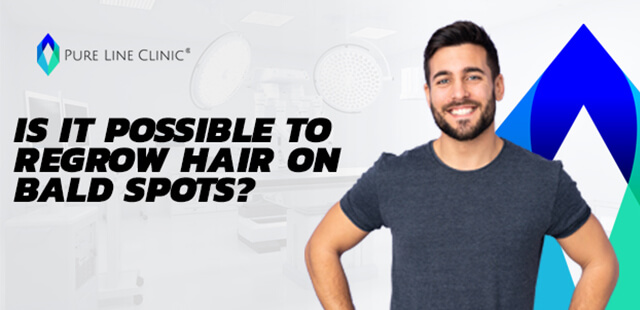
Is It Possible to Regrow Hair on Bald Spots?
Have you recently spotted a bald spot on your head? Are you concerned that the spot will develop and cause you to go bald? Do you try to hide it with a typical comb-over? Do you want to know how to recover hair on a bald head?

What is Icegraft Method ?
IceGraft hair transplantation method is a hair transplantation procedure wherein the cold application technique protects hair follicles.